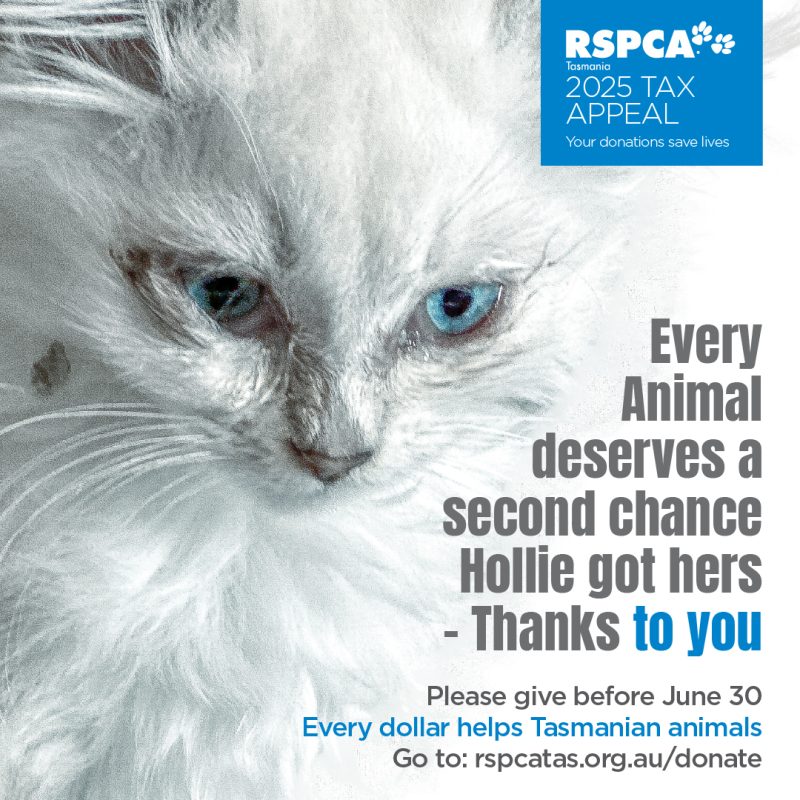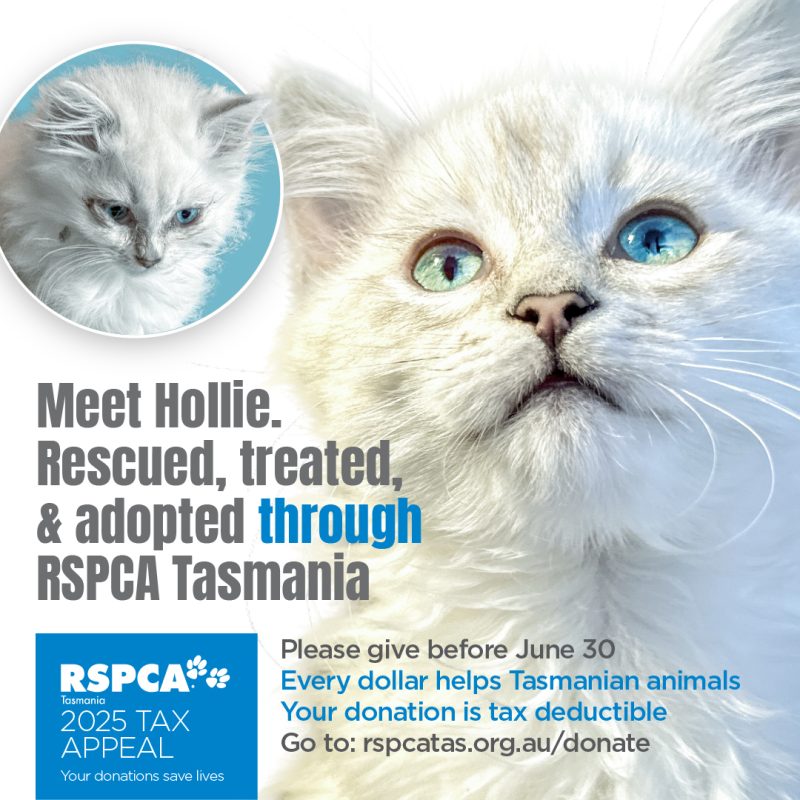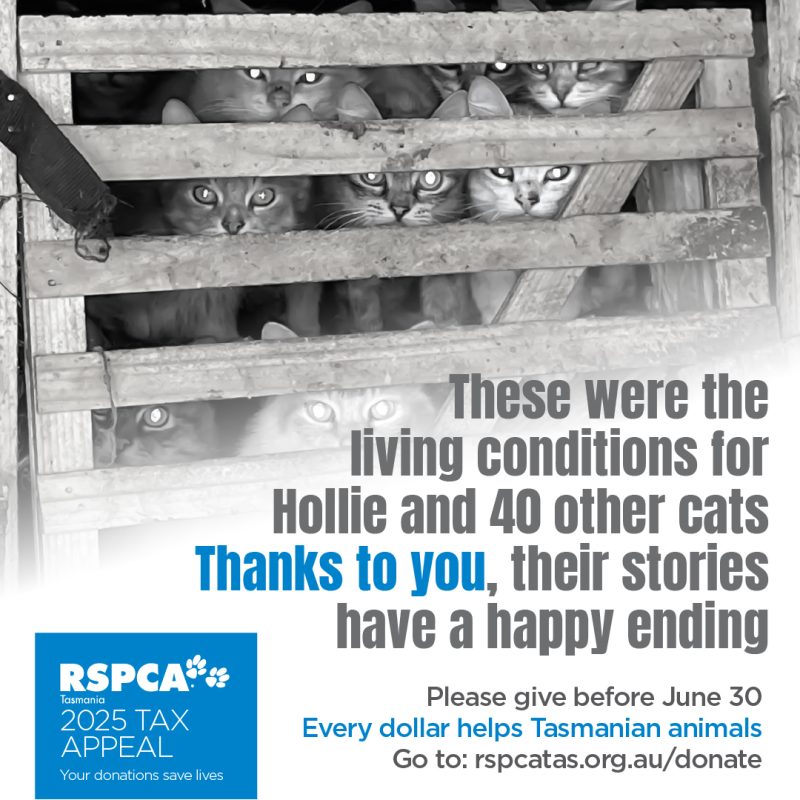Duckling season has commenced and with this, RSPCA Tasmania, BirdLife Tasmania and Bonorong are encouraging the community to be on the lookout for ducklings who have been separated from their parents and raising awareness of how to respond and care for ducks in need.
Ducks will commonly choose to nest in suburban backyards and protected public spaces, using their motherly instincts to find protected places to nest in safety.
By seeking a nesting site away from her home watercourse and predators, a mother duck increases the chance of her ducklings’ survival. Within just 24 hours of hatching, parent ducks will escort their ducklings back to their home territory, which is sometimes when ducklings become separated from their parents and may require assistance from the public.
We ask the community to arm themselves with knowledge of what to do if they find ducklings who have lost their way.
“This short trip is the most important of a duckling’s life,” RSPCA CEO Jan Davis said.
“If you do come across ducklings who have been separated, often the parents will not be far away. The best approach is to observe the ducklings at a safe distance until their parents return. If after a few hours, you’re still concerned about the welfare of the ducklings, you should contact Bonorong or a local wildlife carer in the first instance” Dr Eric Woehler, Convenor of BirdLife Tasmania said today.
“The Bonorong wildlife volunteer rescue service often gets calls about ducklings and each is a case by case situation. The rescue service can be contacted on 0447 264 625 on a 24/7 basis. Sometimes despite what we might think as duck parent neglect is actually normal protect and shepherd behaviour but other times the ducklings are alone, and may be for example in a place like a busy car park, where they are in imminent danger. Calling the rescue hotline and talking through the situation will be the best outcome for the ducklings and their parents.” Greg Irons Bonorong Wildlife Sanctuary.
Australia is home to 17 native duck species, with the most common the Pacific Black Duck and the Australian Wood Duck.
How to help lost or displaced ducklings:
- Avoid intervening to give them their best chance of survival.
- Don’t remove the ducklings less they are in imminent danger- the parents can often be nearby and we don’t want to scare them and have them fly off.
- Keep a safe distance. Scrutiny from people can make parent ducks extremely stressed and they may abandon their ducklings.
- If safe, alert oncoming traffic and allow the family to cross roads safely. Always make sure no one puts themselves at risk in order to help the ducks across the road.

MEDIA CONTACT
Jan Davis, CEO – RSPCA Tasmania
Mobile: 0409 004 228
Email: jdavis@rspcatas.org.au


























